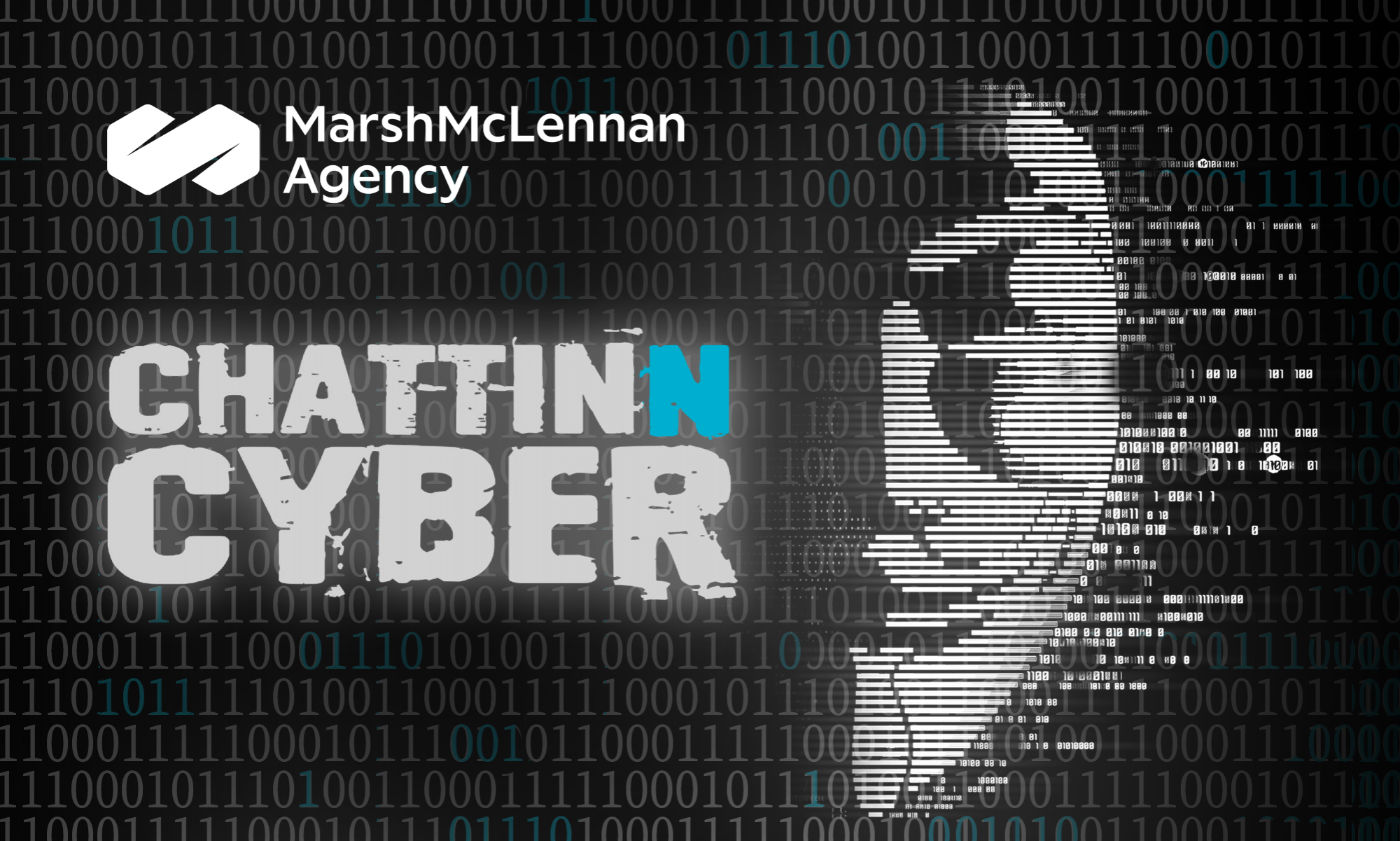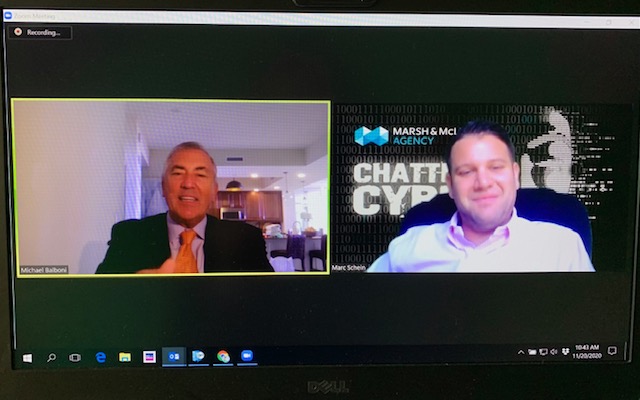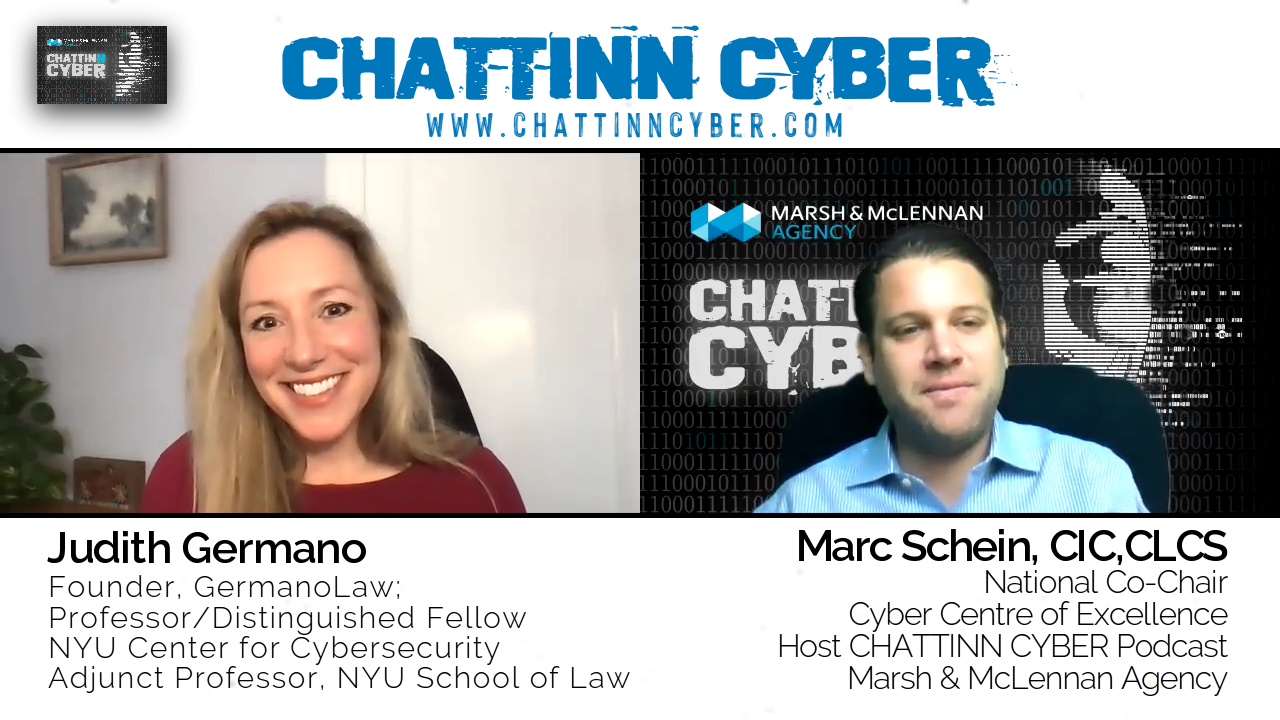Podcast: Play in new window | Download (Duration: 26:26 — 24.2MB)
Subscribe: RSS
In this episode of CHATTINN CYBER, Marc Schein interviews Michael A.L. Balboni, CEO of Redland Strategies Inc. Prior to Redland Strategies, Mike worked as a New York State Senator and chairman of Homeland Security and Law Enforcement committee.
Born in Burns Town New York, Mike studied law and had a unique experience of serving in the New York State Senate for 10 years. Afterward, he went to Albany where he was appointed the first chairman of the Senate homeland security committee. As a chairman of the 9/11 homeland security committee, he learned all aspects of homeland security including cybersecurity. By acknowledging the risks of chemical plants he created regulations for the infrastructure protection – by passing legislation and supervising the implementation process – by the department of homeland security and emergency services within New York City.
His firm, Redland Strategies, assists companies and government agencies to develop and implement security strategies to improve business performance and maximize growth. For example, in the cybersecurity space, he helps companies to develop strategies for data management, data processing, storage, cyber breach issues, threats from an energy perspective (mainly due to sensors that are used for energy digitization which are itself Internet Of Things (IoT) components), etc.
Additionally he talks about the threats of malicious-payloads taking over a physical operating system (cross over from IT to OT) – for example manipulation of a nuclear power plant via cyber-attack. This type of threat was faced by the Ukraine in 2017 when their 2 nuclear power plants were disrupted as a result of internet manipulation.
Mike also talks about the importance of home network security. He says that it is now more important than ever to secure home networks because our society is moving toward a home-based virtual-workforce and cyber threats are growing continuously. According to the FBI home routers are vulnerable, so it should be everyone’s focus to invest in a cyber-infrastructure and cybersecurity. Having said that, everyone should understand that cybersecurity is not a destination, it is a journey; you must continue to evolve because threats are evolving.
Lastly, he shares his thoughts about the impact of Covid-19 on large organizations and the accessibility of the Covid-19 vaccine. He talks about sports organizations, they are employing the best strategies to keep their players, coaches, and staff safe. However, sports organizations right now are facing a huge challenge in bringing indoors. Everyone is waiting for the Covid-19 vaccine, but the distribution of a safe vaccine to enough people to bring us back to some sense of normalcy is not going to happen overnight.
Topics Discussed in the Podcast
- The journey of Michael A.L. Balboni’s professional life.
- Balboni’s experience of serving at New York State Senate and Senate Homeland Security Committee.
- Cyber threats from energy perspective and the role of digitization in that.
- Cyber attacks to take over a physical operating system (cross over from IT to OT).
- Recent presidential elections’ security.
- Importance of securing home-networks and investing in cyber-infrastructure and cybersecurity.
- Some fundamental cybersecurity strategies.
- Perks of working with the best and brightest people.
- Thoughts about the accessibility of the Covid-19 vaccine.


